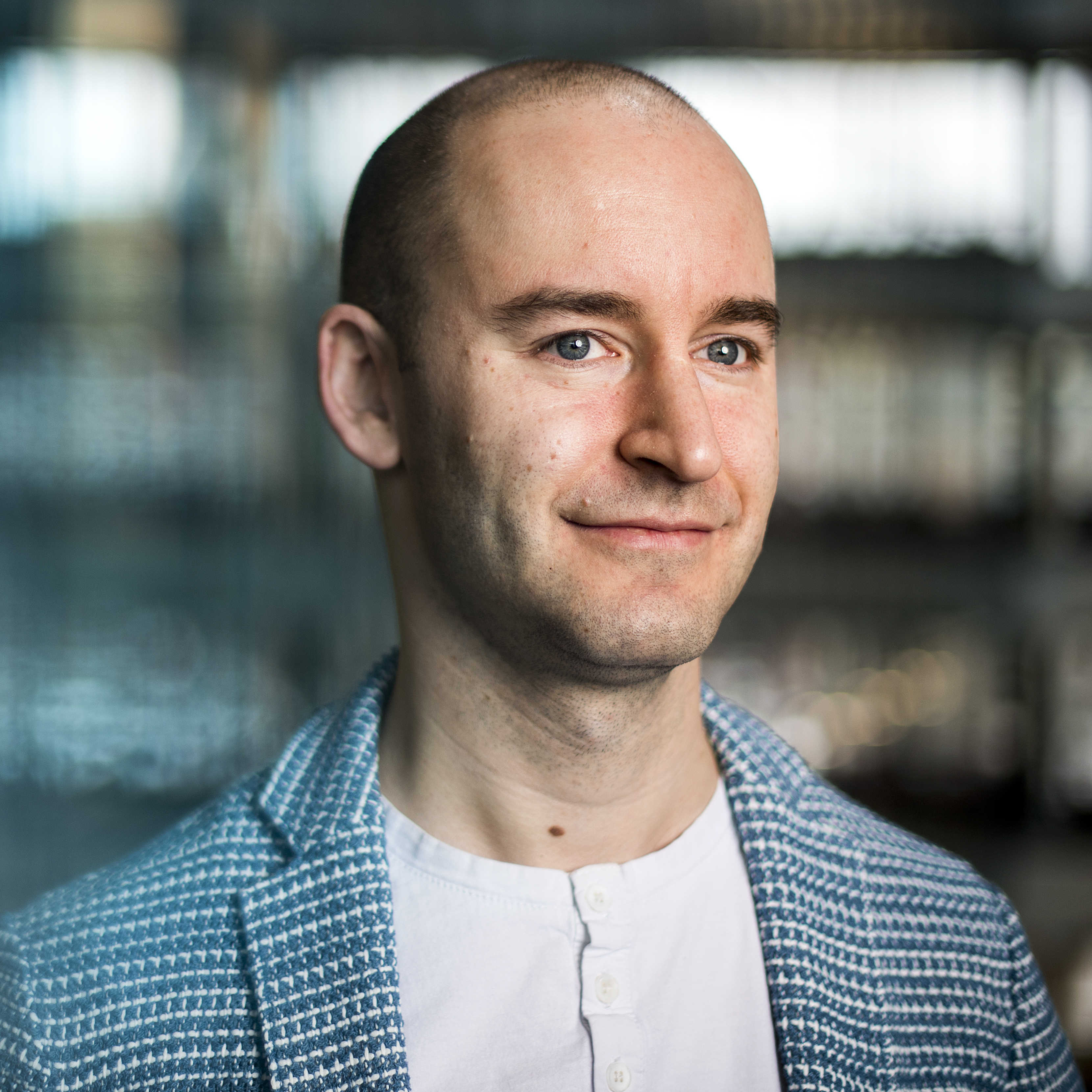
I am an Associate Professor in the Khoury College of Computer Sciences at Northeastern University. I am a member of the Cybersecurity and Privacy Institute and the Associate Dean of Undergraduate Programs in Khoury College.
I am a faculty associate at the Berkman Klein Center for Internet & Society at Harvard University, and an affiliate member of the Center for Law, Innovation and Creativity at Northeastern University School of Law.
My research seeks to investigate the sociotechnical systems that shape our lives using a multi-disciplinary approach. I believe that by increasing transparency we can also improve accountability of these systems. If you're interested in my research, here is a brief video about algorithm auditing, here is a longer video about our investigation of bias in hiring algorithms, and here is a video discussing the role of algorithm auditing in AI regulation.
Along with my co-PIs, I am currently working to launch the National Internet Observatory. This NSF-funded project seeks to gather data about the online habits of a large, representative panel of US residents and then make it available to qualified researchers around the world.